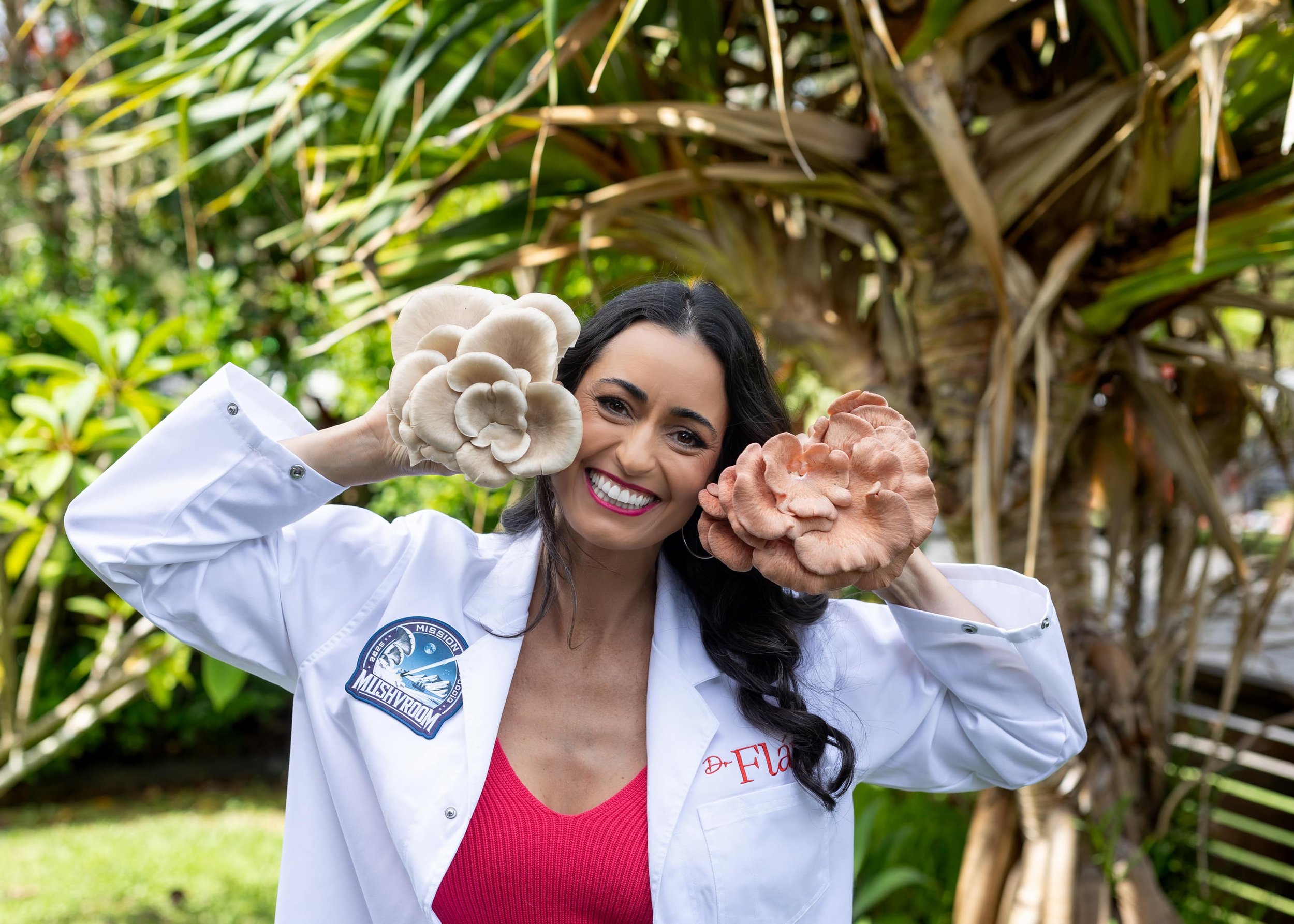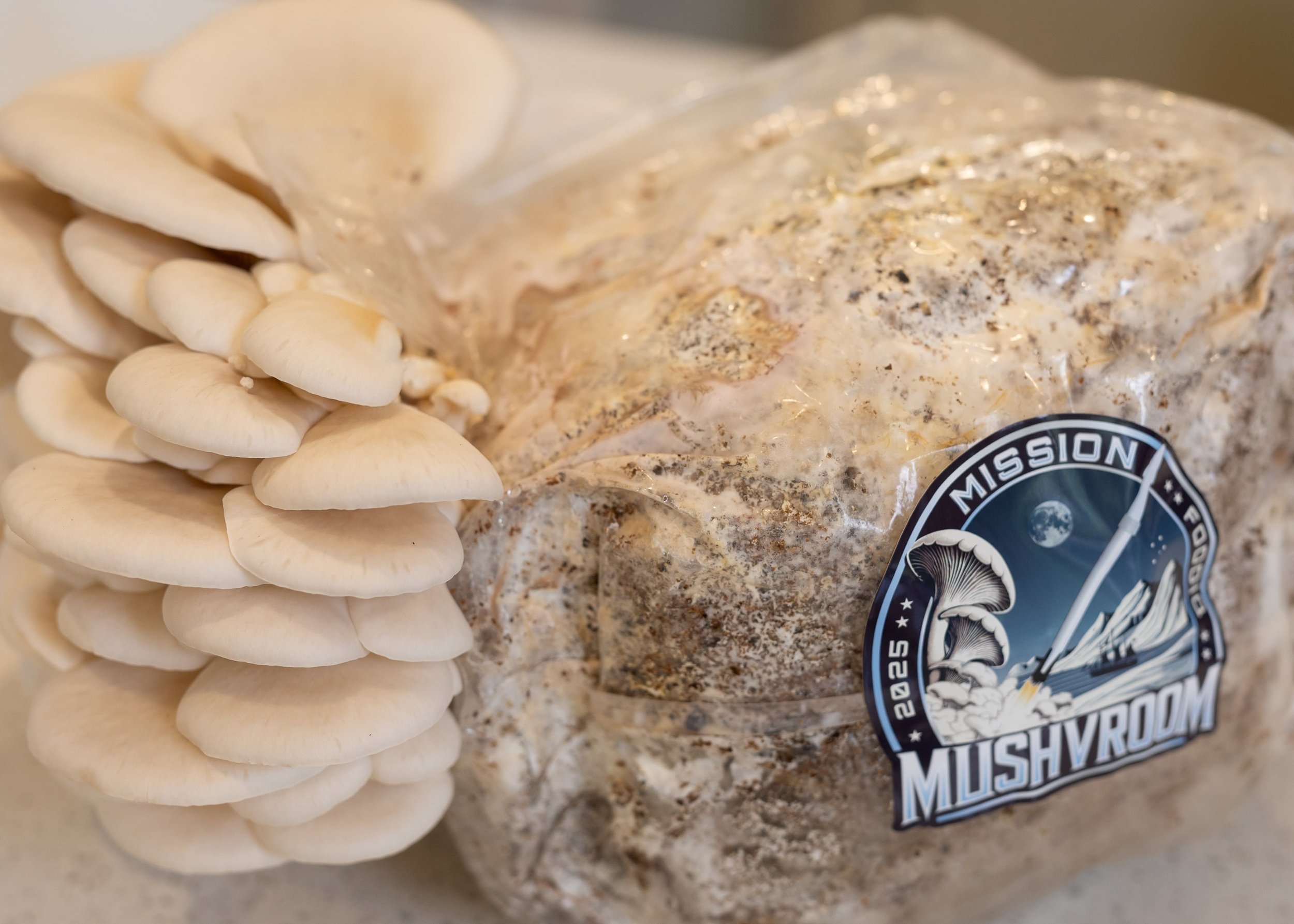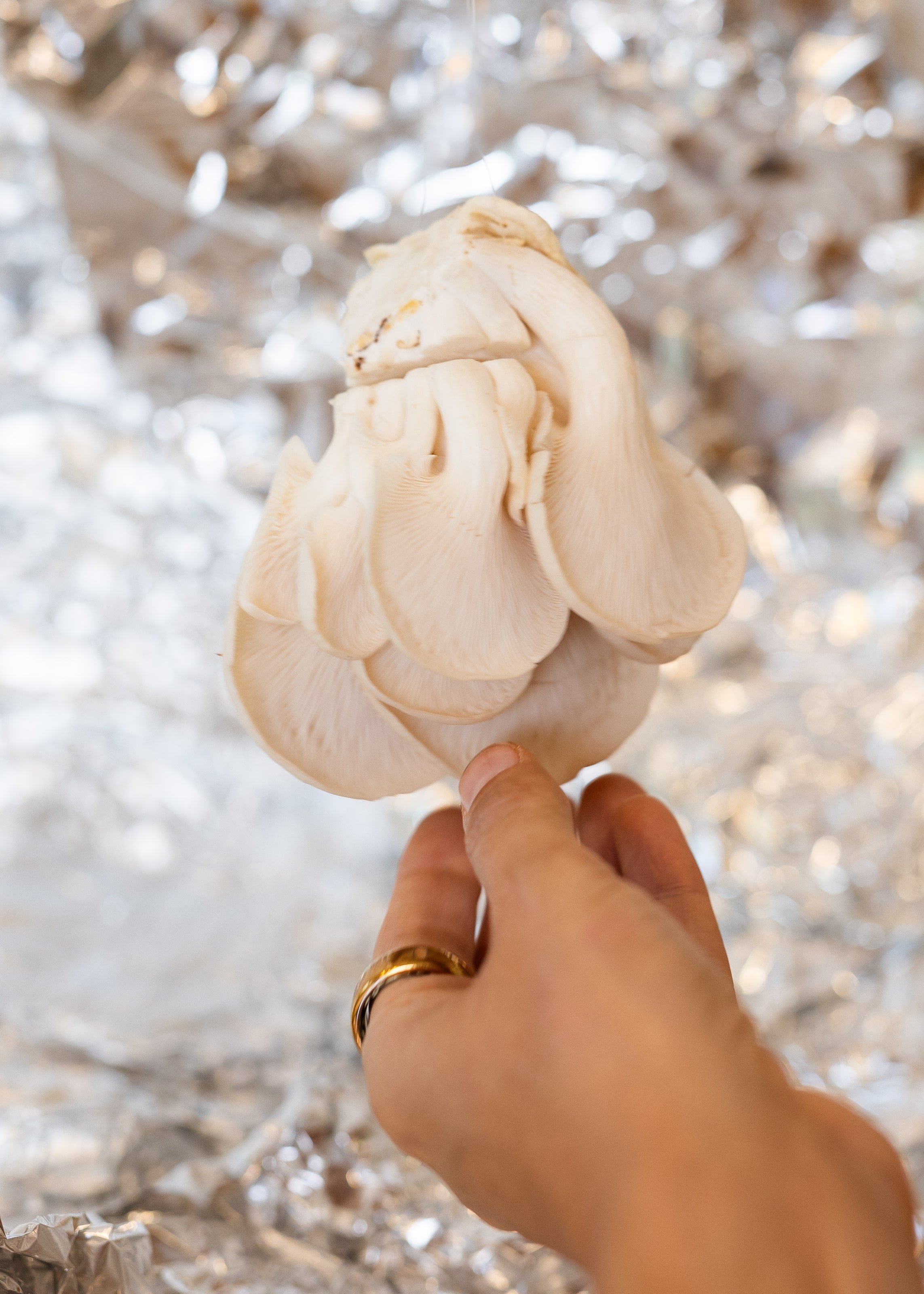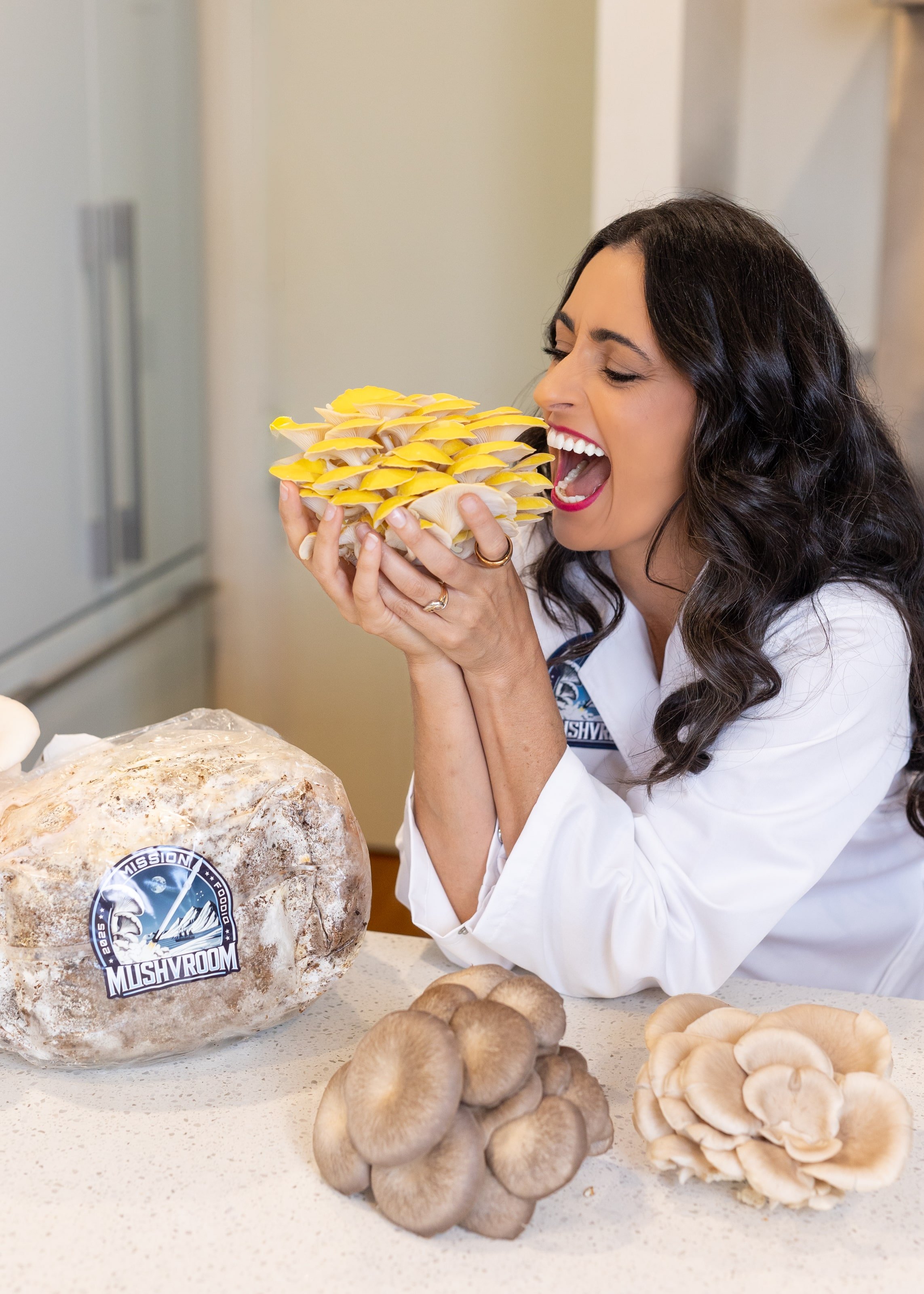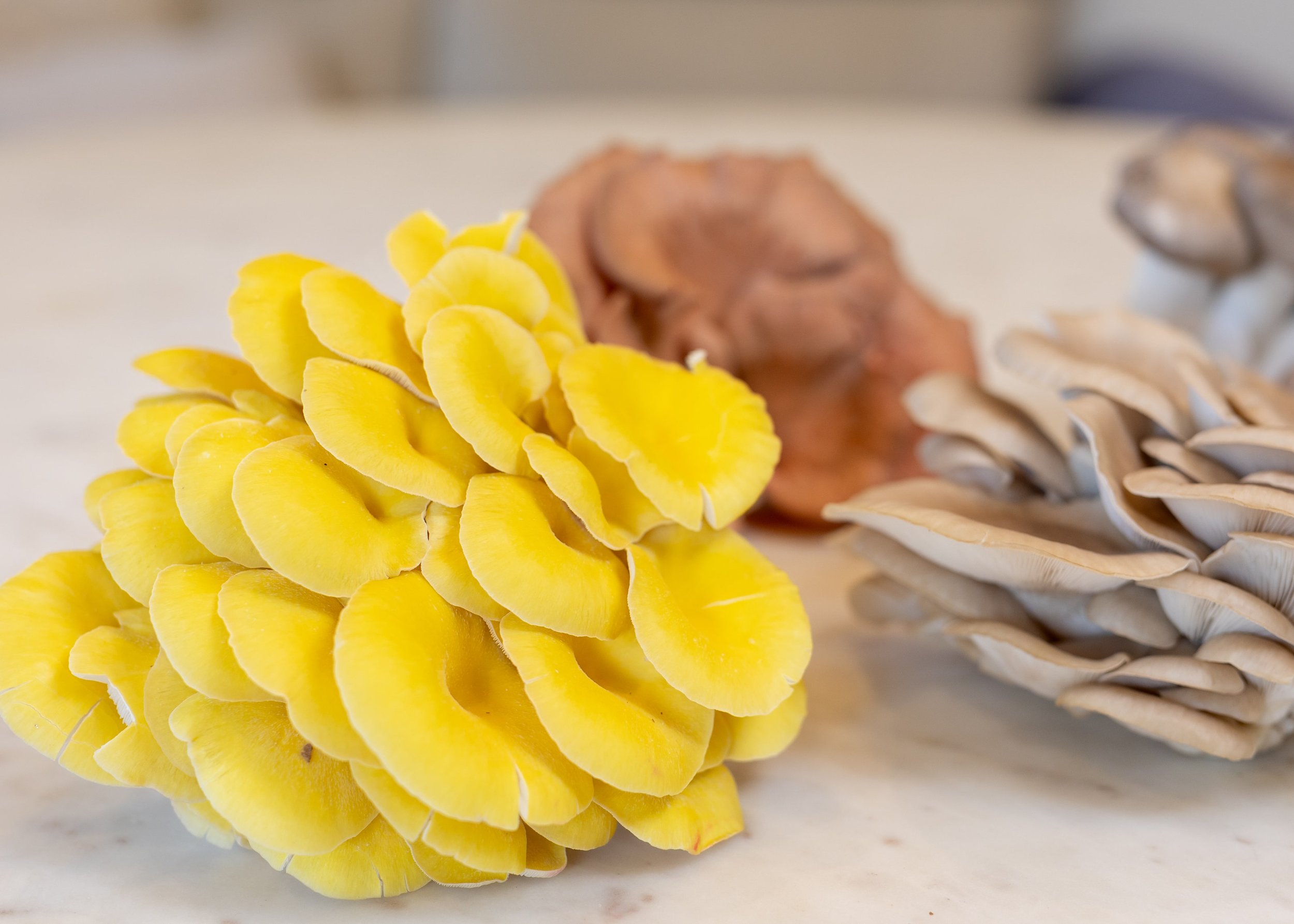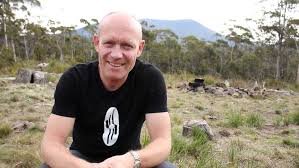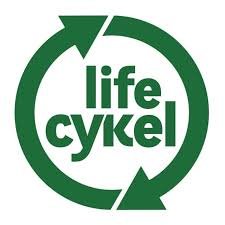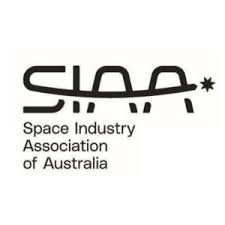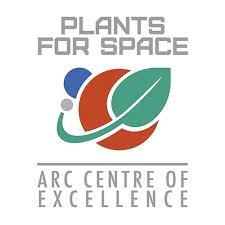Mission MushVroom
Space is about to host its first crop of mushrooms in a groundbreaking initiative led by FOODiQ Global
As part of the upcoming Fram2 human spaceflight mission, FOODiQ Global is making history by attempting to grow mushrooms in space for the first time as a crop.
Oyster mushrooms are the perfect space crop, helping astronauts meet their nutritional needs on long-duration space missions like those to the Moon, Mars and beyond.
Successfully growing edible mushrooms in space represents a significant milestone for space exploration and sustainable nutrition, offering valuable insights that could also improve global food security on Earth
NASA has recognised food and nutrition as the 11th Civil Space Shortfall priority of over 180 priorities, underscoring the importance of Mission MushVroom in pioneering edible mushrooms in space for sustainable food and bioregenerative life support systems.
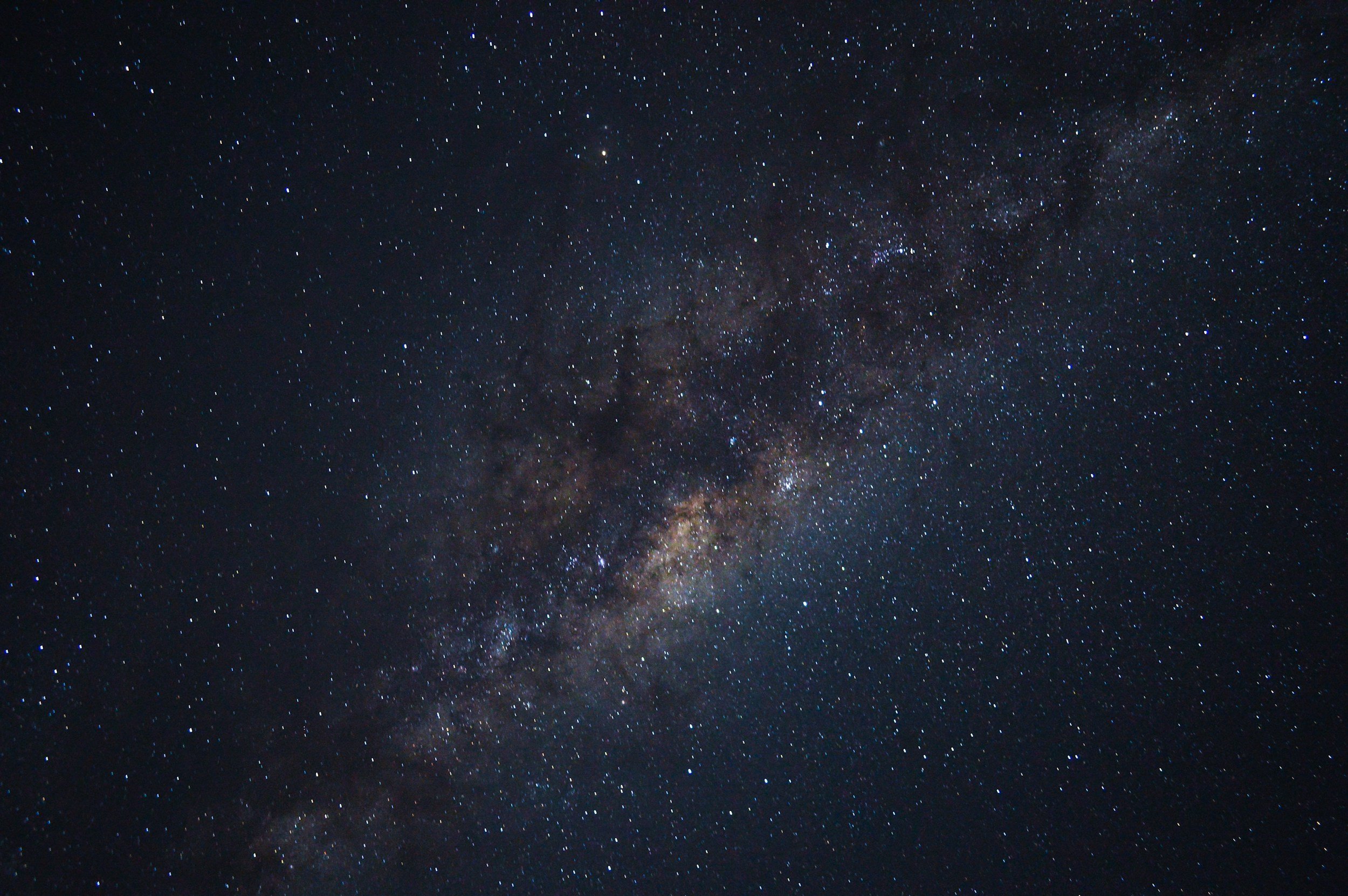
View our Media assets here
An Australian-led experiment
Fram2 is the first human spaceflight to explore Earth from a polar orbit and fly over Earth’s polar regions. Throughout the 3.5-day mission, the crew plans to observe Earth’s polar regions through SpaceX’s Dragon’s cupola at 425 – 450 km altitude while undertaking research activities, including Mission MushVroom.
Assigned as the astronaut to lead Mission MushVroom while in space is Australian polar adventurer and guide Eric Philips who will become the first person to fly into orbit under the Australian flag. During Mission MushVroom, Eric will monitor how FOODiQ’s oyster mushroom experiment will colonise and fruit in the space environment, paving the way for a nutritious, delicious and sustainable food system for long-duration missions to the Moon, Mars and beyond.
Mushrooms play a key role in enhancing plant-based food systems, offering many edible options and multiple benefits.
Alongside plants, they contribute to psychosocial wellbeing and provide essential nutrition for space explorers.
The science
The FOODiQ research team will prepare colonised substrate blocks provided by lifecykel, and centrifuge tubes with substrate inoculated with mycelium to include in the mission kit.
We’ll be looking not only at how mycelium can colonise in space, but also determining whether there are any physical, biochemical, or genetic differences in the colonisation and the growth of oyster mushrooms grown in space compared with Earth.
Meet the team
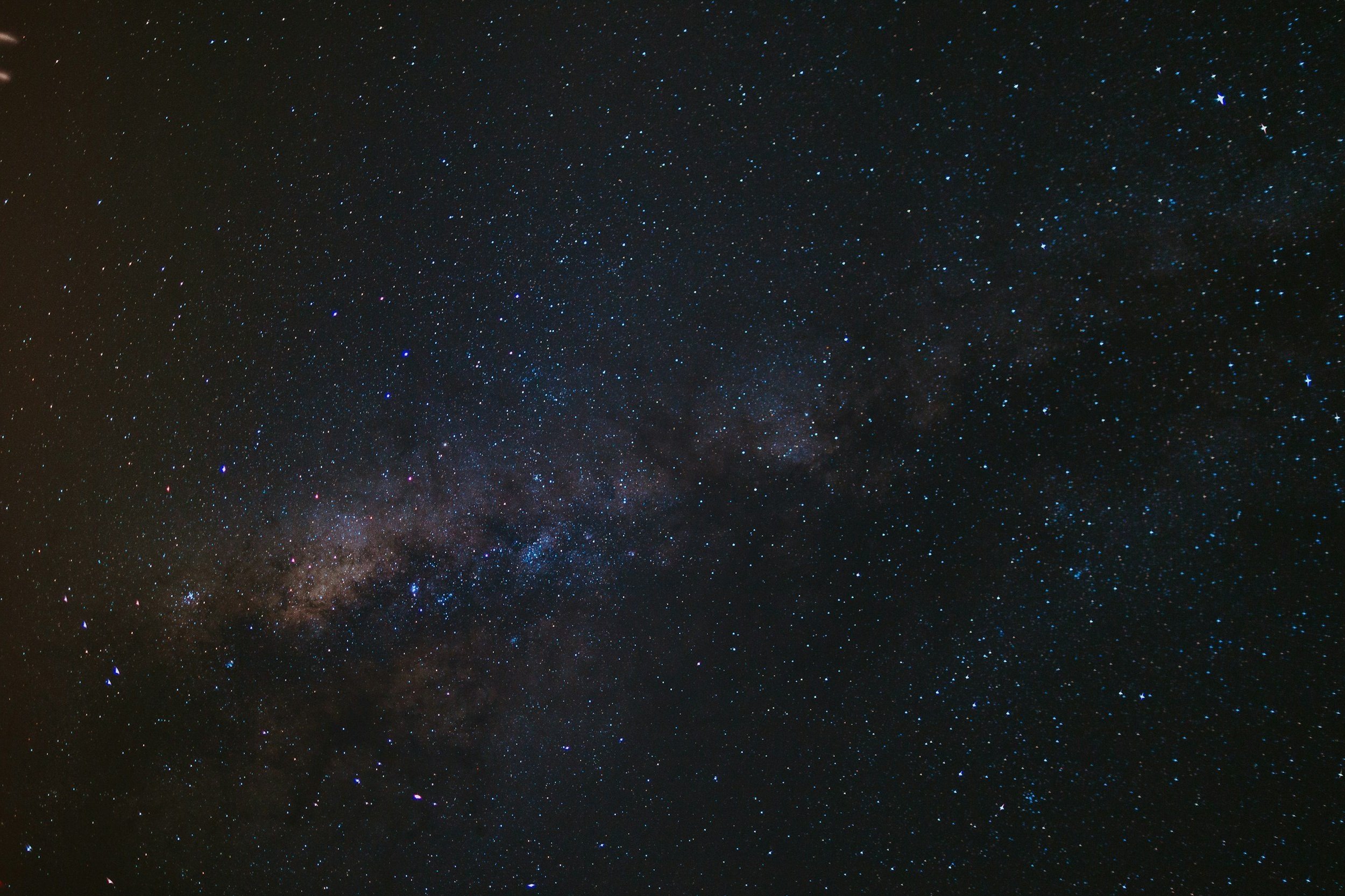
“Space food research has revolutionised our global food supply and will continue to help feed a growing population of 10 billion by 2050”
— Dr Flávia Fayet-Moore
Partners & Supporters
Want to get involved or find out more?
FOODiQ is passionate about collaborating with like-minded partners to push the boundaries of science, innovation, and sustainability. Get in touch to help us shape the future of food and space exploration.
